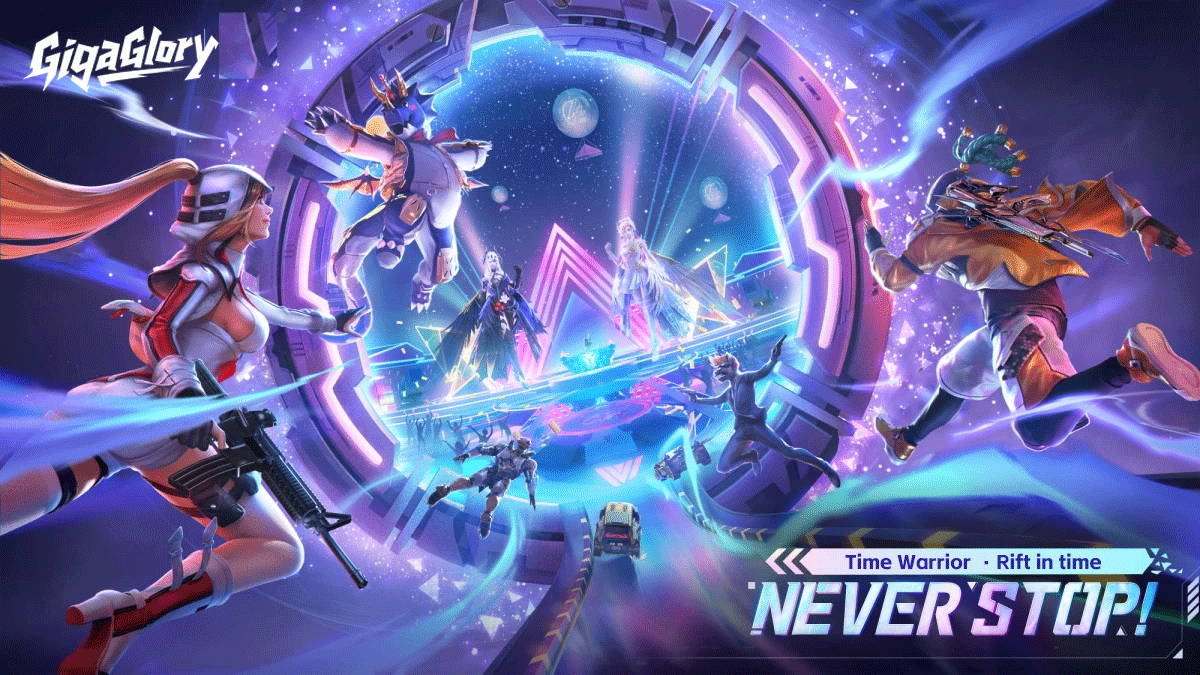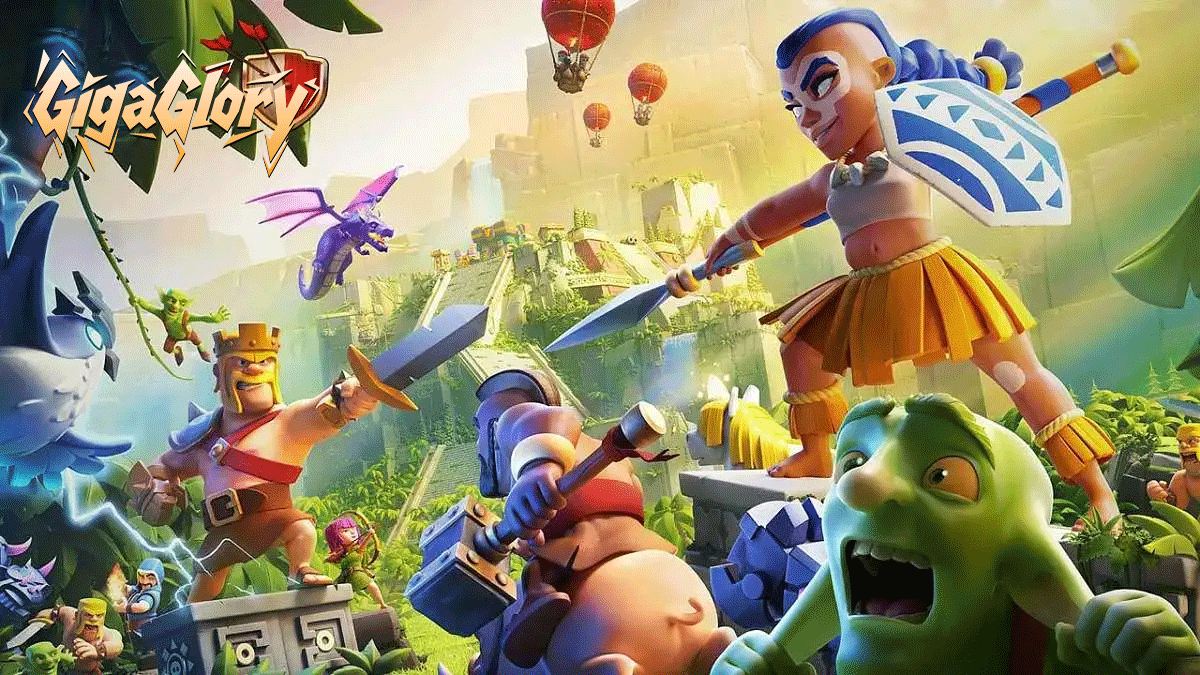Why Multiplayer Games Are Thriving While Offline Games Struggle to Keep Up
In the vast landscape of gaming, there lies a fascinating dichotomy between multiplayer games and their solitary counterparts. As players flock to online realms, one can't help but ponder: what makes multiplayer so alluring? Meanwhile, offline games seem to linger, grappling for attention in a pixelated world that increasingly favors connection
The Magical Allure of Multiplayer Experiences
Multiplayer games, often depicted as the lifeblood of the gaming community, offer more than just play; they deliver experiences, relationships and an almost poetic synergy within the realms of fantasy. When players connect, something profound stirs—the thrill of human interaction ignites the shared journeys, strategizing, and rivalries.
Community and Competition: Two Sides of the Same Coin
The vibrant communities that blossom around multiplayer titles create a dynamic ecosystem. From forums to Twitch streams, this lively exchange of strategies and tips brings a beautiful camaraderie. Competition further adds spice to the brewing pot, enticing players to outsmart each other, to rise above the rest. Let’s explore.
Table: The Most Popular Multiplayer Games of 2023
| Game Title | Platform | Player Count | Release Year |
|---|---|---|---|
| Call of Duty: Warzone | PC, Console | 150 | 2020 |
| Apex Legends | PC, Console, Mobile | 60 | 2019 |
| Fortnite | PC, Console, Mobile | 100 | 2017 |
| League of Legends | PC | 10 | 2009 |
The Downward Spiral of Offline Games
As multiplayer experiences thrive, offline games often find themselves in a precarious position, hovering at the edge of obsolescence. The growing prevalence of seamless internet connectivity indeed casts a shadow over the once-glorious campaigns and solitary adventures that defined earlier gaming eras.
Why Are Offline Games Struggling?
- Isolation: The inherent solitude of offline gaming can feel like a double-edged sword.
- Lack of Fresh Content: Without regular updates, their luster fades quickly.
- Social Disconnection: Players miss the thrill of exchanging laughs and strategizing together.
The Dreaded MW2 Private Match Crashing
One could wax poetic about the frustration stemming from issues like MW2 private match crashing. Much to their dismay, even the most enthralling of game plots can be marred by technical errors, detracting from what could have been a memorable bonding experience. The chaos of a crashing match only heightens the desire for smoother multiplayer interactions.
Free RPGs: A Doorway to Multi-Player Worlds
Considering that the gaming market is diverse, it necessitates offering approachable options to every gamer. This commendable trend allows players to dive into amazing universes without the upfront commitment. Here are some best free RPG games for Android:
- Genshin Impact
- Raid: Shadow Legends
- Albion Online
- Lineage 2: Revolution
Engagement Through Evolving Mechanics
Multiplayer games often boast an evolving nature that offline games struggle to maintain. Mechanics shift, strategies adapt, and developers rely on player feedback to curate experiences that buzz with excitement and innovation. Such iterations keep players coming back, eager to see what's new and thrilling.
The Role of Streaming Culture
Streaming has revolutionized how we perceive gaming. Platforms like Twitch have turned gameplay into a spectacle, where watching someone else play can be as thrilling as participating oneself. This culture feeds into multiplayer popularity, allowing fans to experience the joy of community vicariously, whether through competitive play or light-hearted banter.
Breathtaking Storytelling in Multiplayer
When it comes to storytelling, multiplayer titles flaunt an expansive narrative potential. Players weave their tales within the overarching plotlines, creating a collective experience that no single-player campaign can match. They don't just play; they become integral parts of a much larger saga.
A Gravitational Pull of Nostalgia
While multiplayer games indeed thrive, the nostalgia for offline games persists. Classics evoke memories of late nights spent immersed in pixelated worlds, unearthing treasures, and slaying dragons. How can this nostalgia breathe life back into struggling offline titles?
Reinventing the Offline Experience
Perhaps the key lies in inventive transformations. By integrating elements of multiplayer interactions into offline experiences—such as cooperative modes or community-driven content—developers could reignite the interest of players that once enjoyed the solitude of offline gaming.
What Lies Ahead? The Future of Gaming
The gaming landscape continues to evolve. With technological advancements in graphics, AI, and VR capabilities, one can only imagine the heights that multiplayer and offline games can soar to. The virality of connection might inspire revolutions in how players engage with both forms of gaming.
Key Takeaway Points
- Multiplayer games thrive on community and competition.
- Offline games struggle due to isolation and lack of updates.
- Streamlining the multiplayer experience boosts engagement.
- The nostalgia of offline games still holds value and could inspire innovations.
Conclusion
The divergence between multiplayer and offline games encapsulates the essence of modern gaming. While multiplayer titles soar amidst the clouds of connection, offline games grasp at the fading remnants of a less interconnected past. As gamers, we must embrace the full spectrum of experiences, advocating for innovations that bridge the realms of connection and solitude, ensuring that no pixelated world is left behind.



